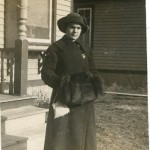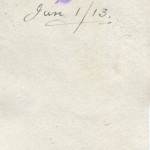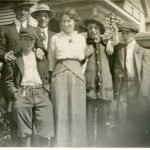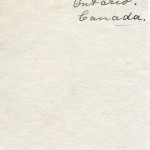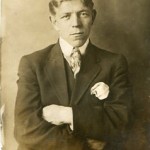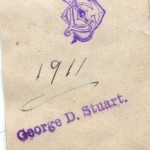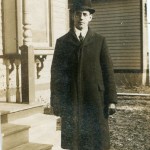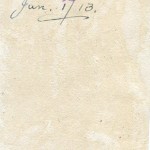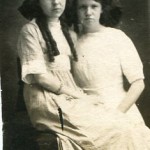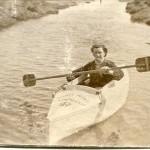STUART FAMILY
{Compiled by “S”}
George Drummond Stuart was born in Scotland in 1884.
His wife Isabella Liston McIlvride was born in Scotland in 1895.
The families immigrated to Welland.
George and Isabella were married in Welland April 20, 1916.
They had a daughter Margery Patricia Stuart in 1919.
In 1940 they were living on Harcourt Lane in Welland. George was a Foreman(machinist) and Margery was a student.
George died in 1971, Isabella died 1941, Margery died in 2003. All are buried in the Fonthill cemetery.
References
1 Funeral of Isabella is located on this website
2 Tombstone for the family in Fonthill cemetery is located on this website.
3 Stuart, George, spouse McIlvride, Isabella People’s Press Welland page 4 25/04/1916 marriage
4 Stuart, daughter People’s Press page 8 11/03/1919 birth
5 Stuart, Marjorie Welland Tribune page B8 02/07/2003 death
6 Stuart, Isabella McIlvride spouse George D Welland Tribune [page 3 02/12/1941 funeral
Does anyone have anymore information on the Stuart family?
 Subscribe..
Subscribe..
